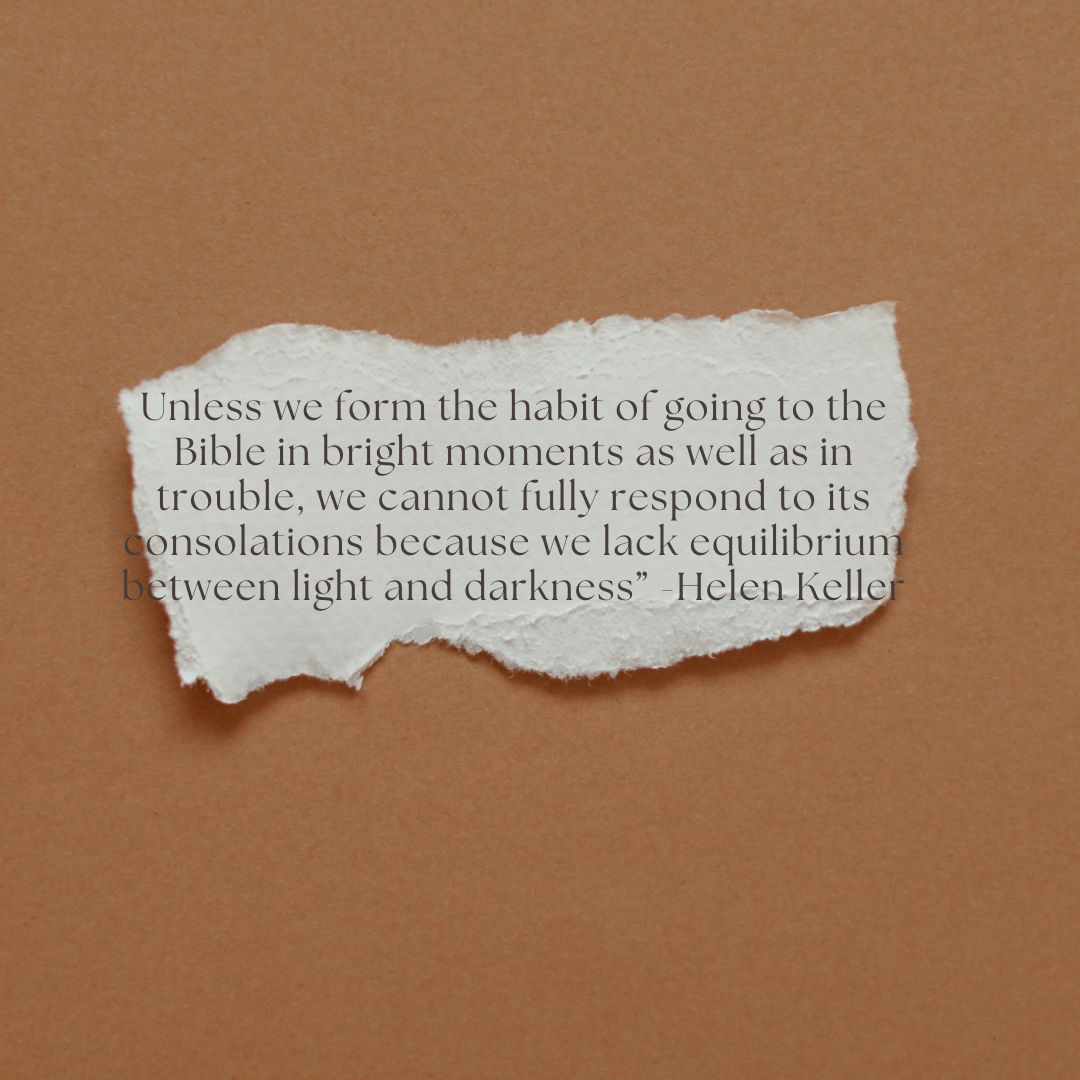In class, we talked about hesed (hebrew word) that is the single most important term in the bible to describe the character of God.
Mercy, goodness, loving mercy, lasting love, loyal love, kindness, the merciful.
One of the foundational questions that is imperative for examination is how can one trust the bible? What makes it trustworthy?
It is a fair question. One I’ve asked myself multiple times despite growing up in the church- there was a lot of odd things- why would we sacrifice animals? A blood sacrifice- it sounded pagan, witchy-, Why would God ever condemn his child to hell? Why did the church teach to ‘fear’ God, when God says he is not the author of fear?
Want to go down the rabbit hole with me?
![]() Beliefs cannot be defended; it is about our willingness and ability to trust.
Beliefs cannot be defended; it is about our willingness and ability to trust.
![]() The Bible is without error in what it affirms, not records.
The Bible is without error in what it affirms, not records.
(I think we can all agree that the witnessing of events recorded in the bible is like the retelling of a concert experienced by 7,000 people- some of the details may vary, but it doesn’t detract from the fact that the concert existed and who the band was that played.)
![]() It’s easy to discard the truth of God if you decide that because the bible has missing books, was altered, etc. that God doesn’t exist- but does that logic actually make sense? (If there were missing testimonies out of the 7,000 concert-goers, if the details of the concert was changed, would it detract from the fact that the concert still occurred?)
It’s easy to discard the truth of God if you decide that because the bible has missing books, was altered, etc. that God doesn’t exist- but does that logic actually make sense? (If there were missing testimonies out of the 7,000 concert-goers, if the details of the concert was changed, would it detract from the fact that the concert still occurred?)
Though there are books that were ultimately voted to not be put into the bible- it is still encouraged in Seminary to read those books and to come to a deeper understanding of why they were discarded, as some were simply not accurate enough to die for, some were likely accurate but as the group of leaders who were responsible for putting the Bible together was facing severe persecution, they were not included.
Scripture is God-breathed- it is a living word- and it is the only book that CANNOT be proven false. Every other religion speaks of Jesus- they call him ‘Christ consciousness’, that Jesus was just another prophet- yet its powerful that he is mentioned in some form in almost every religion- as if all roads still somehow point to him.
Scripture didn’t come from man’s imagination or inspiration or interpretation. It is natural however for men to rebel and reject the truth.
Has religion misused the word of God? Yes, it has. Has religion caused division even among God’s people? Yes, it has.
There are more Christians and Catholics by title, then those who’ve been transformed in spirit. Did religion colonize other cultures? Yes, they did.
Does that mean religion gets the right to own the word of God? Or to rewrite the truth through its teachings? NO, it doesn’t.
We are all still equally held accountable for our relationship with God- with or without religion. His commandments are still true. His existence is still true. His word is still true.
Just like a building has to have a builder, a painting had a painter, the created has a creator- and God has never condemned a child to hell, only an individual person can choose to condemn themselves and then have the arrogance to blame God.
While many of us unfortunately experienced the fire and brimstone pastors while growing up- seminary has taught that ‘to fear God’ has always meant ‘in reverence of him’, not the actual emotion of ‘fear’, which tells me one thing-
It may be important and worth it enough for each individual to seek the understanding of God’s word

Leave a Reply